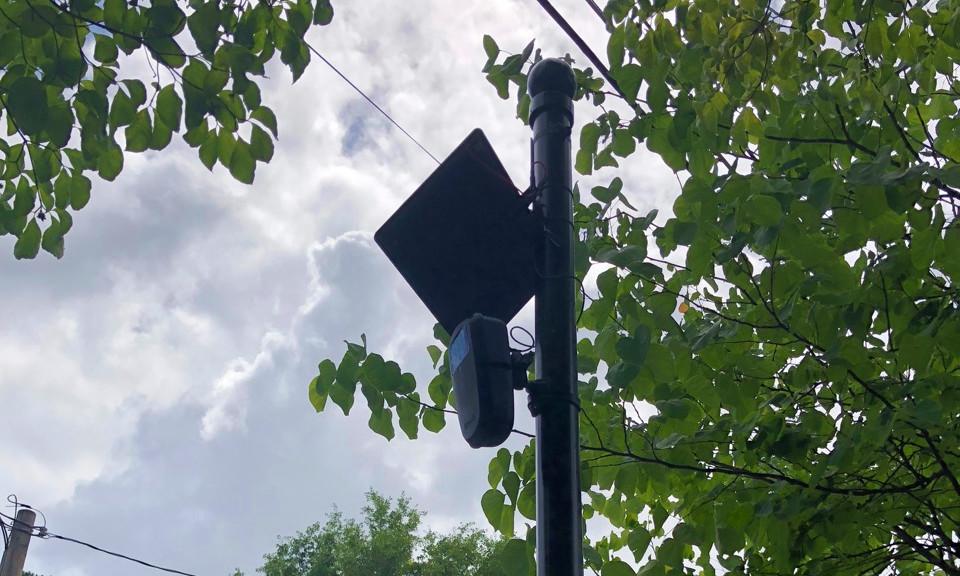New intersection cameras are expected to help police in Lake Forest, California, more efficiently track down wanted criminals and stolen vehicles.
Multiple license-place reading cameras have been installed at two city intersections—Lake Forest Drive and Rockfield Boulevard, and El Toro Road and Rockfield Boulevard—to monitor traffic flow and instantly notify authorities of vehicles that were reported stolen or involved in other crimes.





